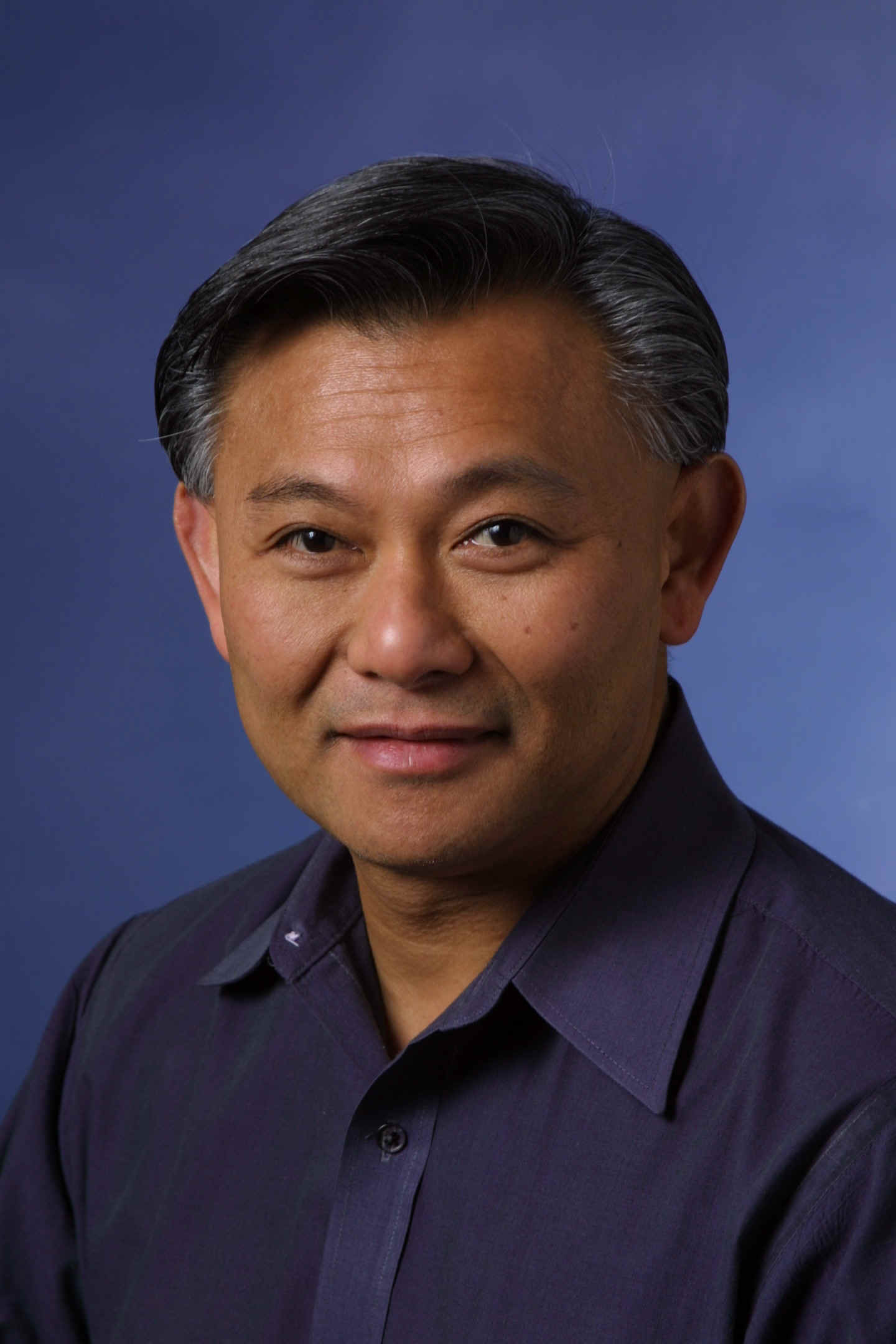
Phong T. Le, Ph.D.
Professor
Department of Microbiology and Immunology
Graduate Program Director
Integrative Cell Biology
B.S., Microbiology, 1980. Department of Microbiology, University of Illinois
M.S., Immunology, 1982. Department of Microbiology, Ohio State University
Ph.D., Immunology, 1985. Department of Microbiology, Ohio State University
Thymic epithelial cell biology in T cell development:
- Role of thymus epithelial cells in the control of lineage commitment of thymic precursors through regulation of expression of transcription factors;
- Molecular mechanism of age-associated thymic involution.
The thymus is a lymphoid-epithelial organ whose main function is to generate naïve T cells for the peripheral T cell pool; nevertheless, the production of naïve T cells deteriorates with age, a condition known as thymic involution. Our laboratory is interested in understanding the molecular mechanisms by which thymic epithelial cells (TEC) affect T cell development in the normal setting and in the context of the aged thymus. We hypothesize that TEC-T cell progenitor interaction orchestrates the coordinated expression of a combinatory set of transcription factors that affect progenitors lineage commitment and differentiation. Aging in the thymus is affected by the changes at the apex of TEC-T cell progenitor interaction resulting in the decline in thymopoiesis. Thus, the critical steps toward understanding the mechanism of aging in the thymus are to identify these changes in molecular terms and then to determine whether these alterations lead to a decline in naïve T cell output
Based on our observation that expression of the TEC specific the transcription factor FoxN1, which is essential for functional maturation of TEC, is significantly reduced with age, we have generated transgenic mice that overexpress FoxN1. These mice show the absence of several age-associated changes in thymic involution such as reduced naïve T cell output, number of T cell progenitors and T cell precursor. The mouse model provides us a novel animal model to discover the molecular mechanism that affects thymic involution.
Le, P. T., K. L. Adams, N. Zaya, H. L. Mathews, W. J. Storkus, and T. M. Ellis. Human thymic epithelial cells inhibit IL-15- and IL-2-driven differentiation of NK cells from the early human thymic progenitors. J. Immunol. 166:2194-2201, 2001.
Ortman, C. L., K. A. Dittmar, P. L. Witte, and P. T. Le. . Molecular characterization of the mouse involuted thymus: aberrations in expression of transcription regulators in thymocyte and epithelial compartments. Int. Immunol. 14:813-822, 2002.
Sempowski, G. D., M. E. Gooding, H. X. Liao, P. T. Le, and B. F. Haynes. T cell receptor delta excision circle assessment of thymic output in aging mice. Mol. Immunol. 38:841-848, 2002.
